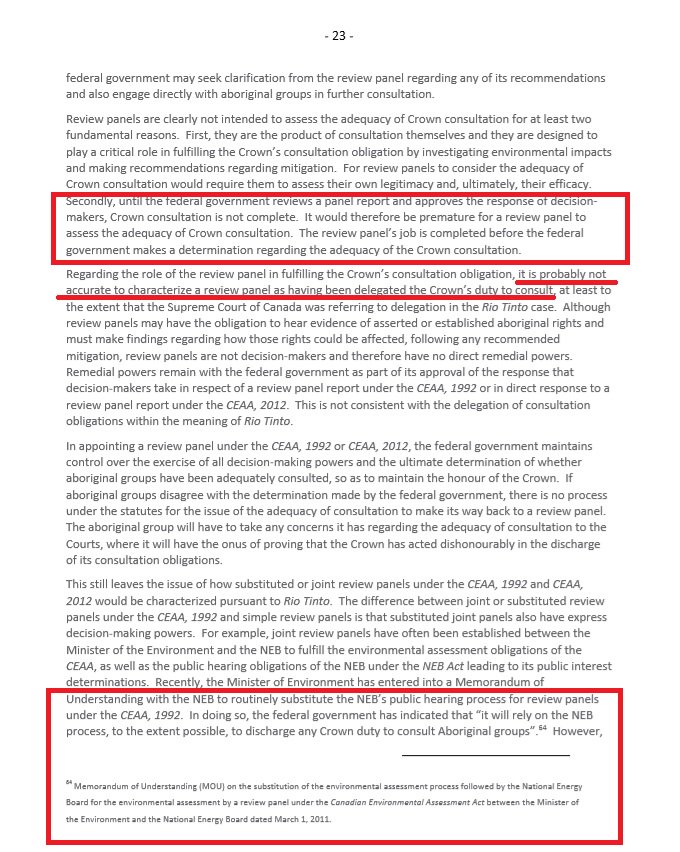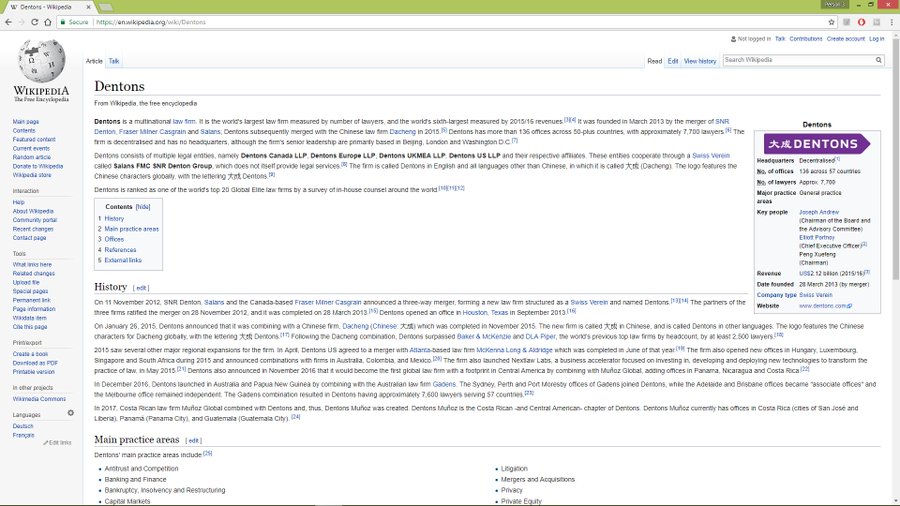Ok so first of all - Twitter/GDPR/what to do! So firstly, the court needs to make the order for Twitter to disclose the data, which they may not do as it’s a) disproportionate b) a waste of time c) complex involving international law d) ridiculous….
More from Law
There is a now-relevant parallel here to the difference here between matters before a judge & matters before a jury. Judges are far more reluctant to strike testimony or evidence if they are the only recipients of it, with the theory being that they are really smart about ...
law stuff & will know what they can & can't consider. For instance, there is a long-held rule that a fact witness can't make legal arguments, only a lawyer. So what will happen in a motion for summary judgment, where the entire proceeding is on paper, will play out like this:
1) Defendant makes a motion for summary judgment. It includes a sworn declaration from some fact witness.
2) The declaration includes all sorts of legal arguments about why the defendant should win. Often the declaration includes arguments the brief didn't even make.
Defendants (especially DOJ-represented ones) often do this to get around the word or page-limits placed on briefs.
3) Plaintiff moves to strike the declaration for its inclusion of inadmissible legal arguments.
4) Judge denies the motion to strike, on the grounds that a ...
judge is a sophisticated consumer of evidence & can choose what to consider & what to ignore, unlike a jury.
The legal fiction behind this impeachment exception is that Senators are also smart enough to know what to listen to & what to ignore. Now, that may not be ACCURATE, ...
To the extent that precedents matter in this trial, when hearsay has been challenged in past trials, it's been admitted if it's probative. And it's been noted that senators aren't *regular* jurors, but rather people of learning who can figure on their own how to weigh evidence.
— Ira Goldman \U0001f986\U0001f986\U0001f986 (@KDbyProxy) January 24, 2020
law stuff & will know what they can & can't consider. For instance, there is a long-held rule that a fact witness can't make legal arguments, only a lawyer. So what will happen in a motion for summary judgment, where the entire proceeding is on paper, will play out like this:
1) Defendant makes a motion for summary judgment. It includes a sworn declaration from some fact witness.
2) The declaration includes all sorts of legal arguments about why the defendant should win. Often the declaration includes arguments the brief didn't even make.
Defendants (especially DOJ-represented ones) often do this to get around the word or page-limits placed on briefs.
3) Plaintiff moves to strike the declaration for its inclusion of inadmissible legal arguments.
4) Judge denies the motion to strike, on the grounds that a ...
judge is a sophisticated consumer of evidence & can choose what to consider & what to ignore, unlike a jury.
The legal fiction behind this impeachment exception is that Senators are also smart enough to know what to listen to & what to ignore. Now, that may not be ACCURATE, ...




























